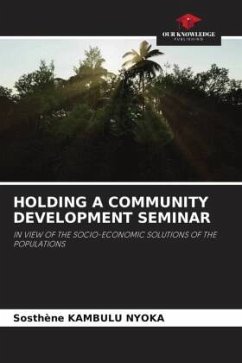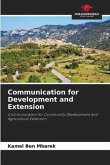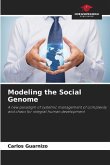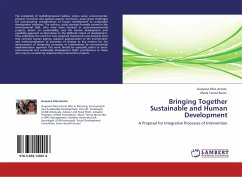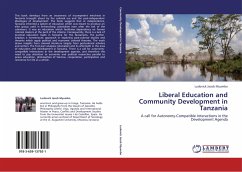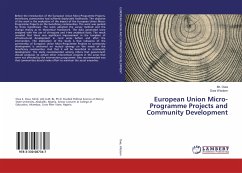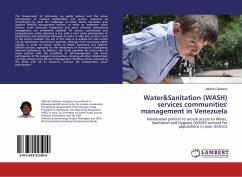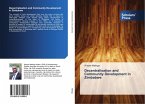This text has been prepared for students, rural animators and trainers who are dedicated to the sustainable development of farmers so that they, being educated, can improve and consciously exploit their living environments without compromising future generations. Our concern is to want each person to have access to the truth so that he/she understands, informs others, participates in community action and contributes to human development. This is why this manual is dedicated to every person who loves science, the source of truth, and who is interested in the activities of the campaign. The search for socio-economic stabilization of a given household or region is an approach whose objective is to fight against social gaps, as bottlenecks in the various living environments. The developer will use communication and animation techniques to raise awareness and sensitize the population. To solve the problems that prevent the progress of farmers, it is necessary to start from awareness, voluntary participation, community unity and implementation.
Bitte wählen Sie Ihr Anliegen aus.
Rechnungen
Retourenschein anfordern
Bestellstatus
Storno

